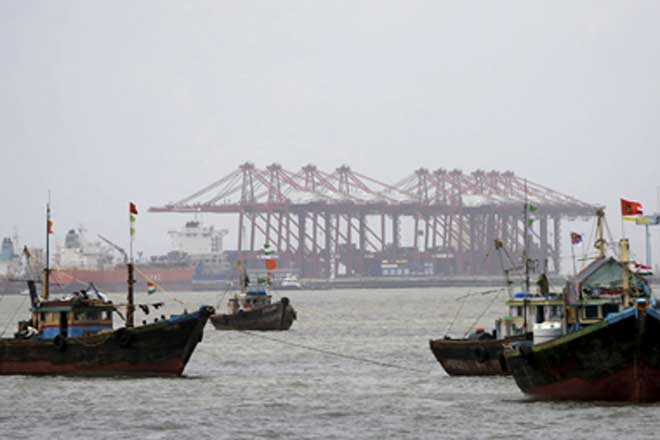
The Major Port Authorities Bill, which seeks to provide significant operational autonomy to the major ports, will allow the 12 state-run entities to work like a corporate with full flexibility, says a research report.
Terming the proposed law as a significantly positive step for the state-run ports, domestic rating agency ICRA in a report said “the Union shipping ministry aims to enable the port authorities to function like a corporate entity and provide autonomy and flexibility to operate, besides bringing in a professional approach in their governance.”
K Ravichandran, senior vice-president at Icra, said the move will give autonomy to ports in raising loans sans government approvals, which is a potential positive as in the past some major ports have struggled to implement expansion plans because of lack of funds. Approval by the Cabinet for the Bill is credit positive for the 12 major ports, Ravichandran said.
“The Bill seeks to provide significant operational autonomy to the major ports and should ensure quick decision-making, attract investments as well as leverage the land assets,” he said. The agency, however, said there is fair amount of distance to be traveled for the Bill before it becomes a law, as it has to be cleared by both houses of Parliament.
It can be noted that the government has been keen to implement corporatisation of major ports, but had to abandon the plan owing to opposition from various stakeholders, especially the unions.
The growth of major ports has been hampered both by a slowdown in trade as well as the arrival of aggressive private or non-major ports, who are also enjoying some regulatory advantages like autonomy on the pricing front. Some reports said growth in cargo at the major ports is higher this fiscal compared to private sector ones.
Icra said the ports could report a 4.6 per cent growth in cargo in the first seven months of this financial year due to doubling of iron ore volumes to 21 million tonnes, but are restrained by a dip in coal and fertilizer shipments.
